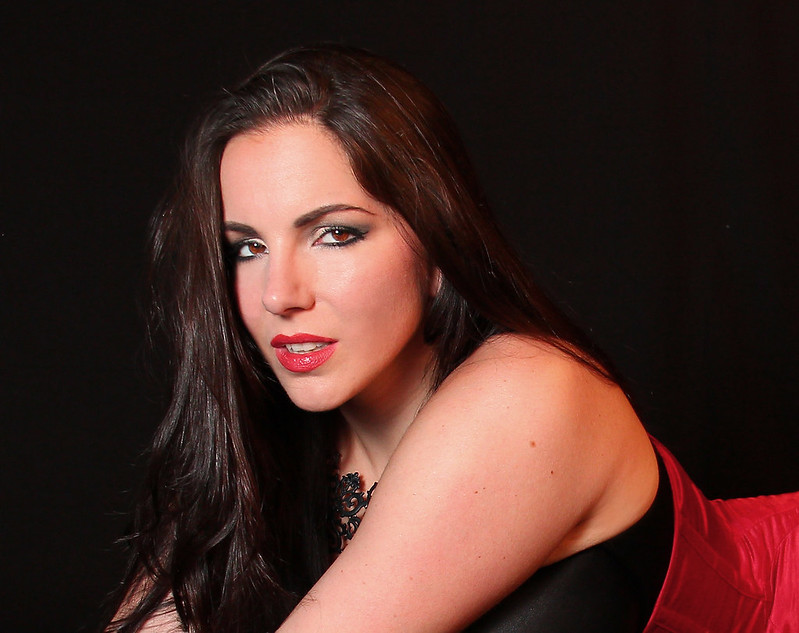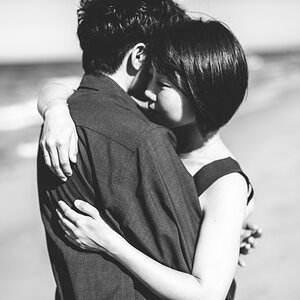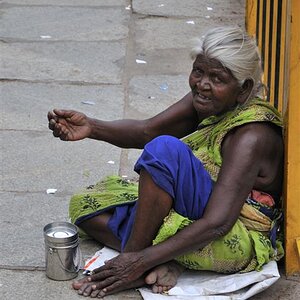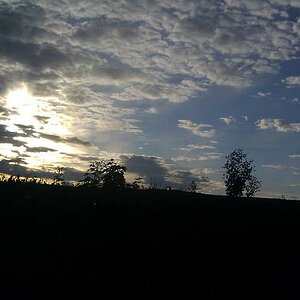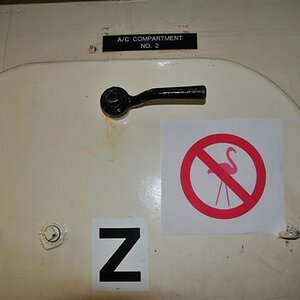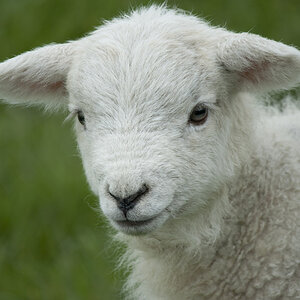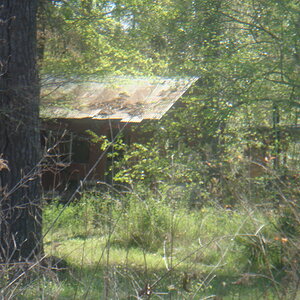RoseyB
TPF Noob!
- Joined
- Jun 24, 2015
- Messages
- 2
- Reaction score
- 0
- Can others edit my Photos
- Photos NOT OK to edit
hello I'm new here just wanted to ask a few questions.
I recieved a camera for a wedding present along with 3 lenses. I was hoping to find out from professional photographers if my 3 lenses were good quality. I would love to start taking engagement photos and wedding photos! I just want to make sure I have good lenses or sell them to buy better ones. I have...
Canon EFS 18-55mm
Canon 75-300mm
Canon 28-105mm
Thank you
I recieved a camera for a wedding present along with 3 lenses. I was hoping to find out from professional photographers if my 3 lenses were good quality. I would love to start taking engagement photos and wedding photos! I just want to make sure I have good lenses or sell them to buy better ones. I have...
Canon EFS 18-55mm
Canon 75-300mm
Canon 28-105mm
Thank you


